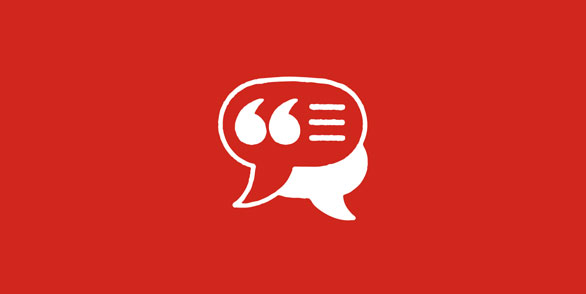A PEO, or Professional Employer Organization provides the following types of services, most often to small and mid-sized companies that don’t have, or don’t want to hire, internal HR resources:
- Payroll A PEO can administer your payroll and pay applicable local, state and federal employment taxes.
- Benefits A PEO can offer medical and dental insurance, and help with enrollment, claims, onboarding of new employees, and more.
One of the benefits of participation in a PEO is access to high quality, cost-effective health coverage at competitive rates often not available to small to mid-size businesses.
Many PEOs also offer retirement savings plans, and other employee perks and benefits. - HR Management A PEO can provide full human resource services, including recruitment, onboarding, employee handbook, policies, employee retention and training programs, and help with employee issues.
- Compliance PEOs offer risk and compliance experts who keep up with ongoing changes to HR and safety regulations and help you respond and comply with the changes that affect your business. Areas of compliance include monitoring changing tax law and reporting requirements, filing of tax forms (W-2), unemployment insurance, workers’ compensation, new hire reporting, and Employment Practices Liability Insurance (EPLI).
Differences Between PEOs
With a variety of PEOs to choose from, including national, multi-state, and local PEOs, as well as IRS-certified PEOs, the level of service can vary. Most PEOs offer payroll and benefits administration. Many also include human resources services like employee handbooks and onboarding. ADP TotalSource is one of the only PEOs that currently offers strategic talent management services including recruitment, employee retention and engagement, training and development, and real-time data insights and benchmarks.
When evaluating PEOs, you’ll want to make sure that the company can meet your organization’s needs.




